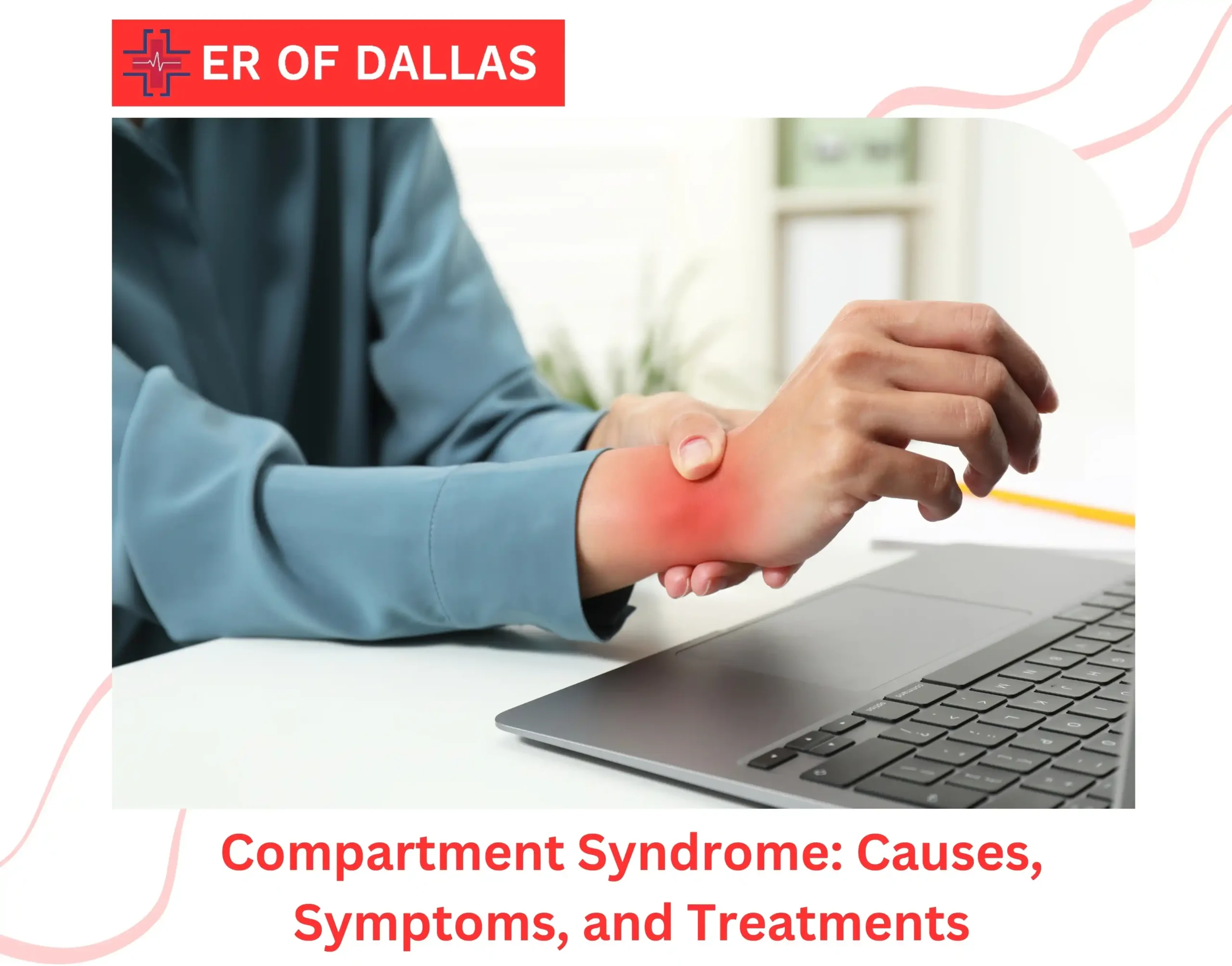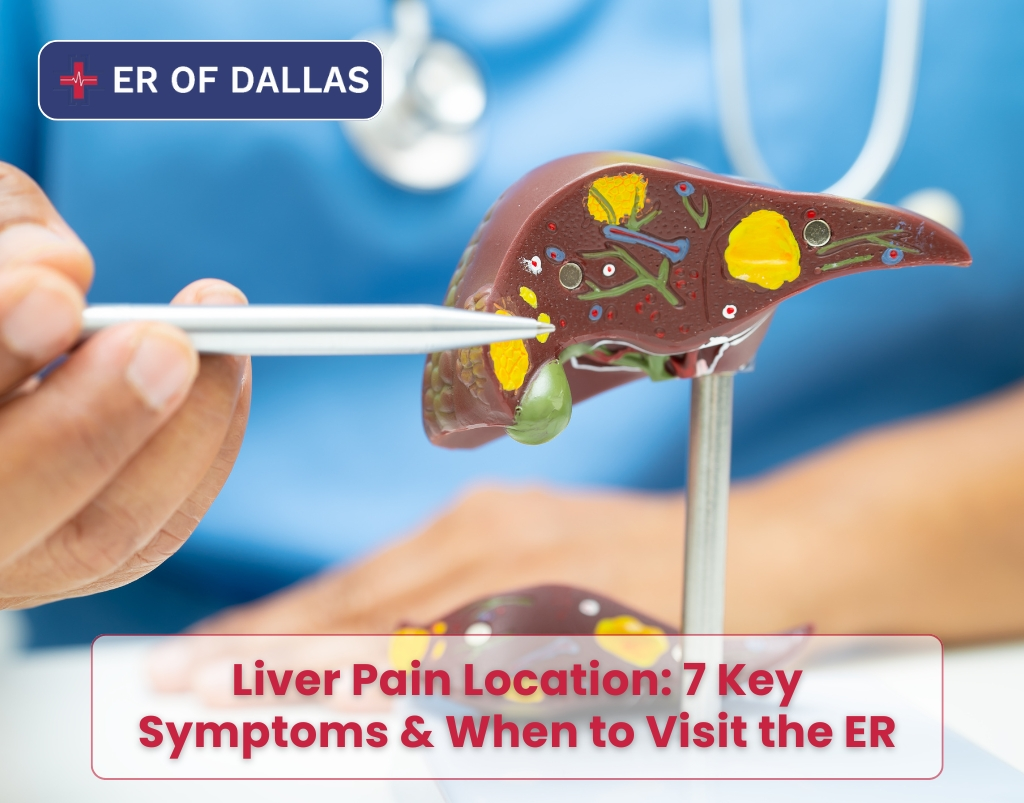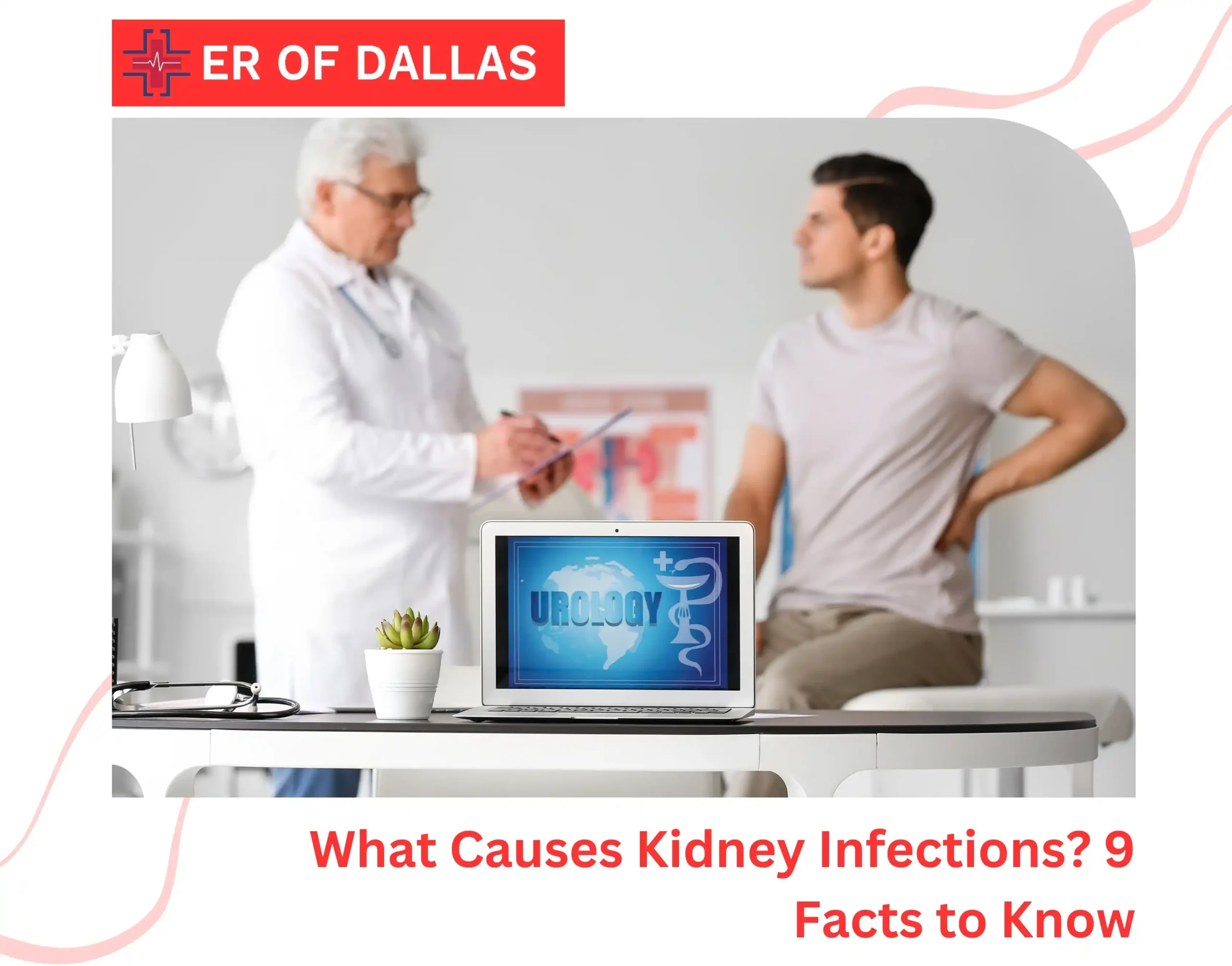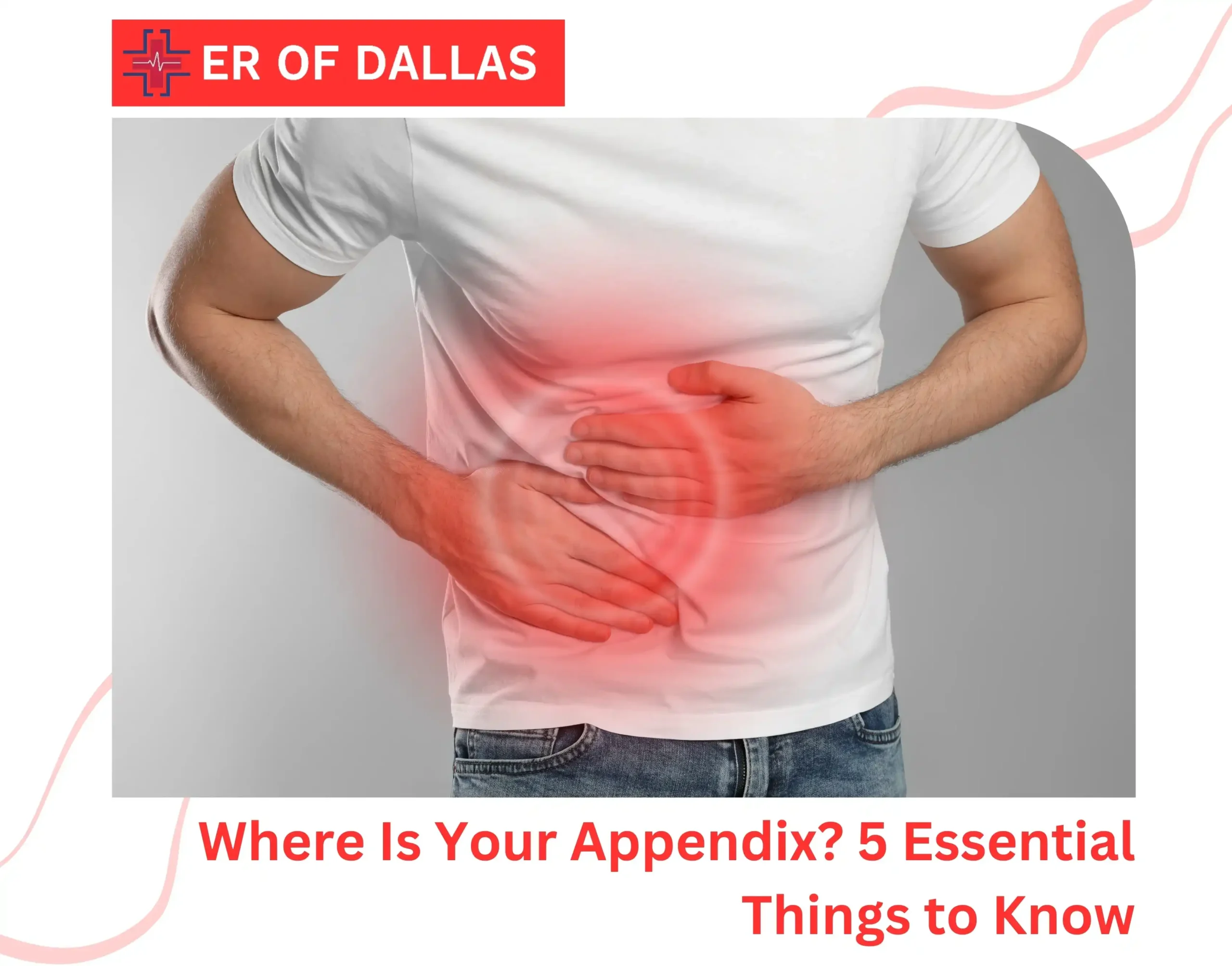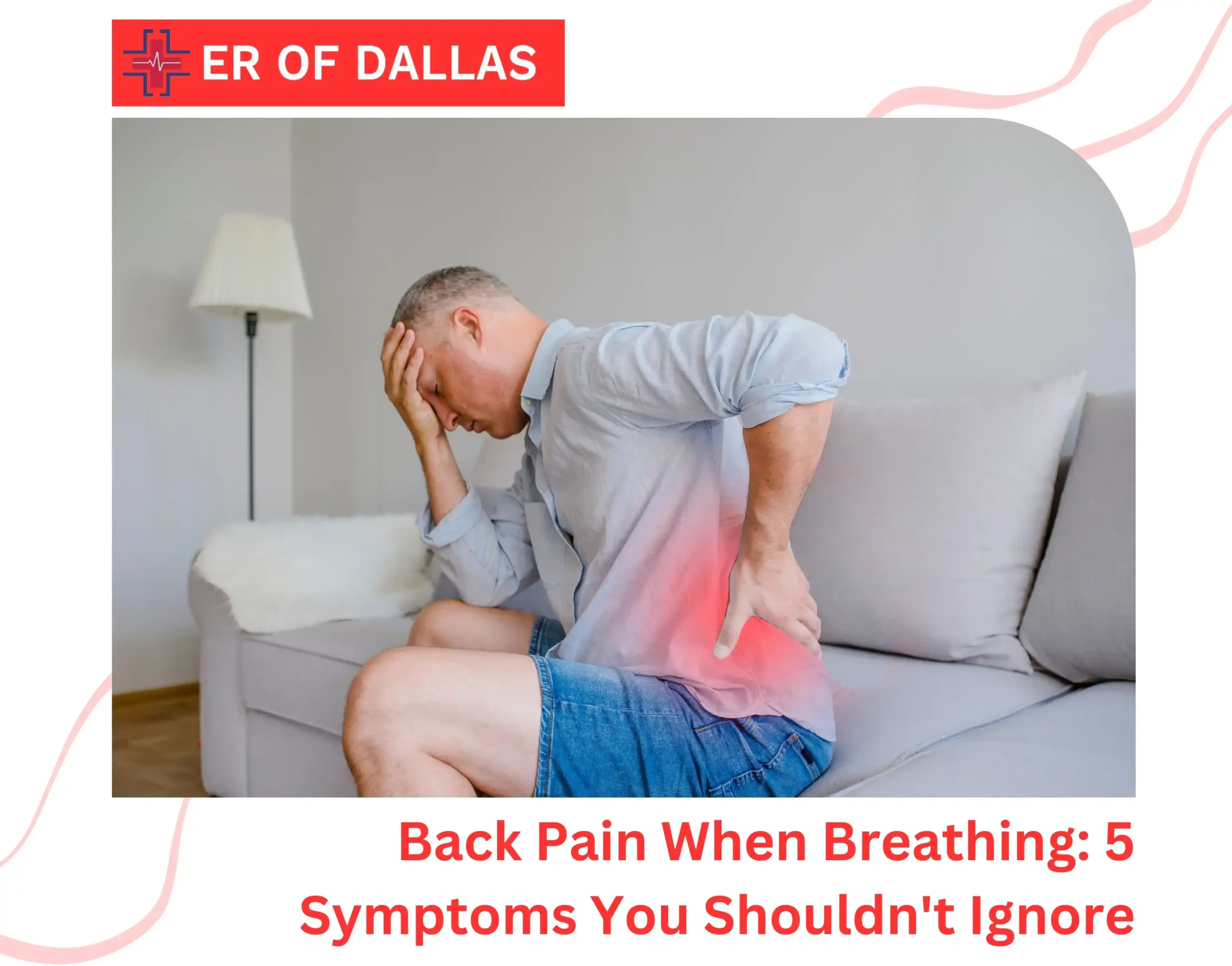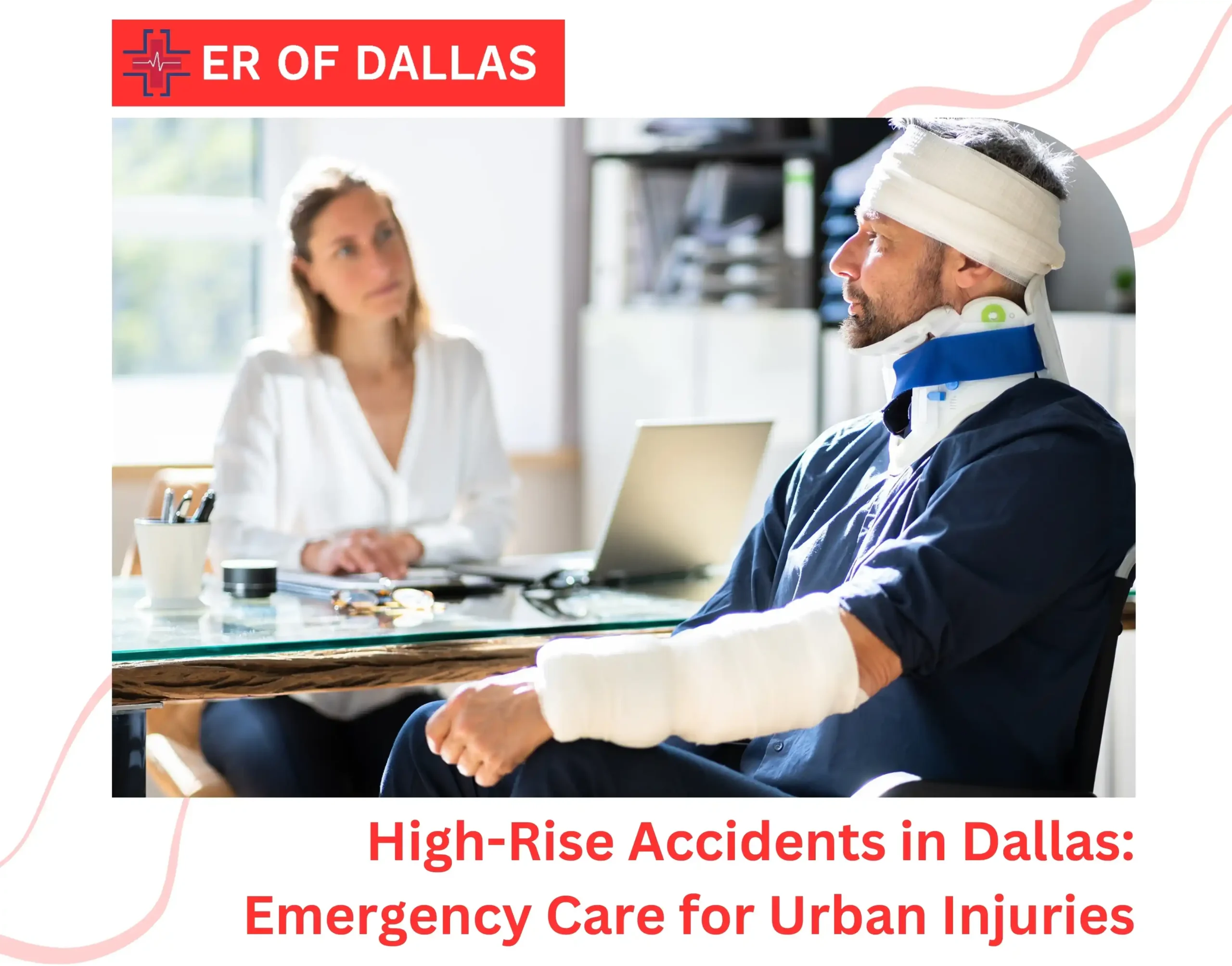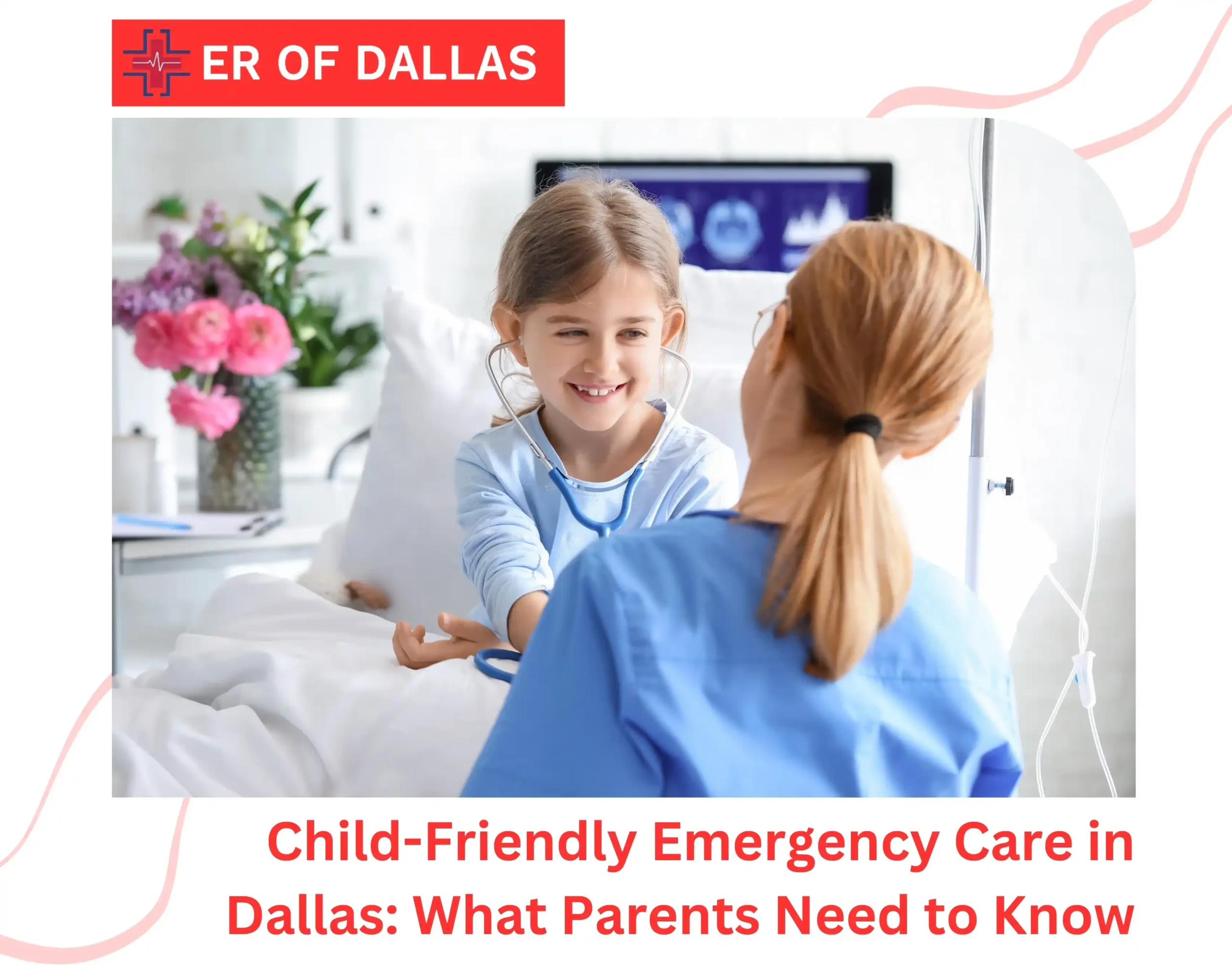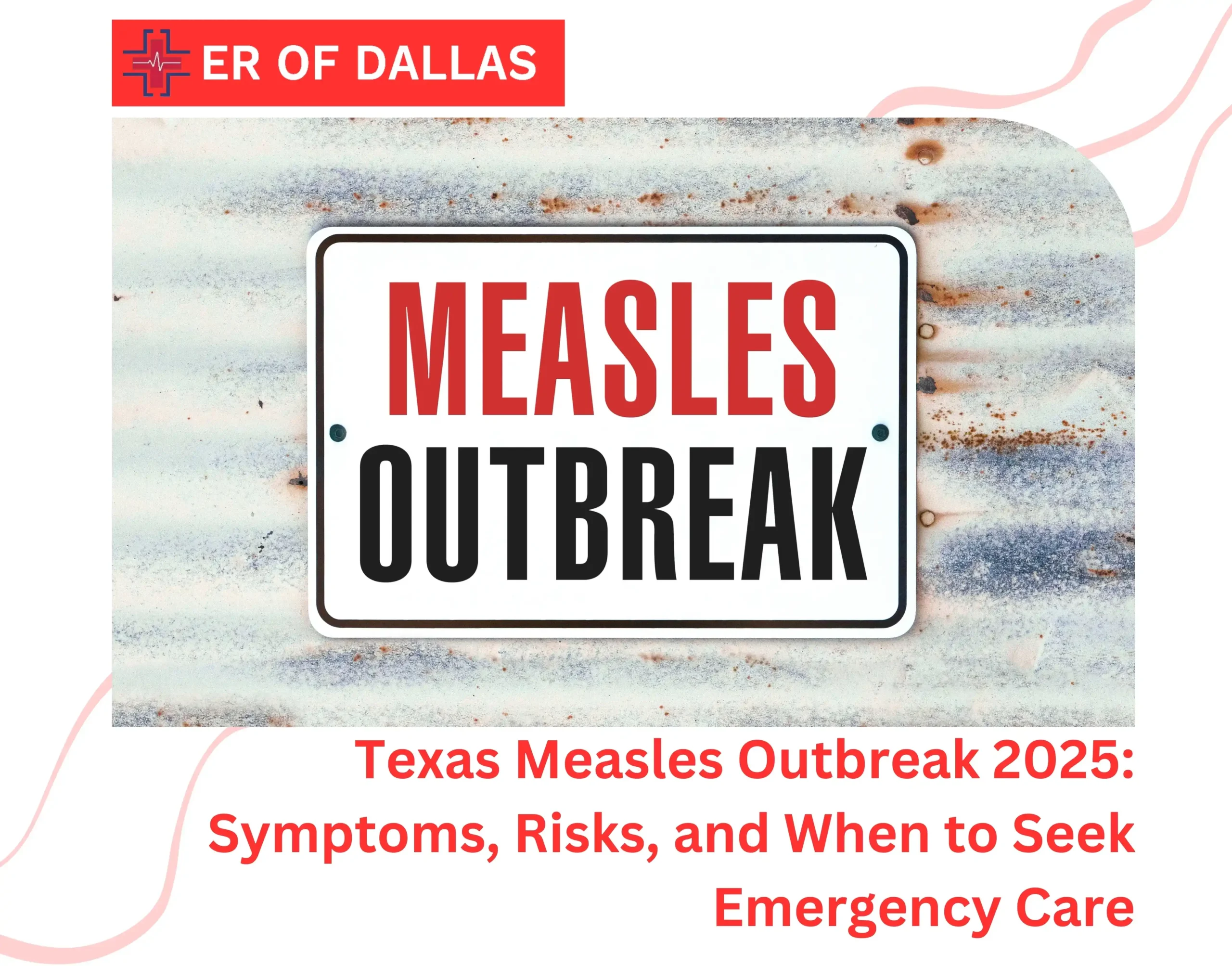Heart disease is more likely in those under a great deal of stress, which has been “widely known” for decades. Is this, on the other hand, reasonably obvious? If this is the situation, how does anxiety increase the risk of cardiovascular disease, and how can we get heart attack treatment along with stress?
At least three factors have made determining the impact of stress on the heart difficult:
- To various people, “stress” denotes things differently.
- It appears that some forms of stress are more harmful to the heart than others.
- It’s possible that how you handle stress is more significant than the stress itself.
We’ve learned a lot about stress and heart disease in recent years.
The Heart and Physical Stress
Whether in exercise or other types of physical activity, physical stress produces measurable and repeatable demands on the heart. This type of physical stress is often seen as beneficial. As a result, this type of “stress” is commonly seen as good for the heart.
Too much physical stress, on the other hand, might be deadly if you have underlying cardiac problems. Many health care facilities provide heart attack services with the management of stress. Practicing too intensely in an individual with cardiovascular disease may strain the heart tissue that the damaged blood vessel can’t meet, resulting in ischemia. Ischemic muscle tissue can induce both angina and cardiac arrest.
Exercise, or extreme exertion, is generally beneficial for the body and must be promoted. Physical stress does not cause heart disease unless it is intense.
The Heart and Emotional Stress
When people suggest that stress causes heart disease, they usually refer to emotional stress.
However, enough data has recently emerged to conclude that emotional stress contributes to heart disease in certain people and under particular situations. Under the right conditions, emotional trauma can facilitate the creation of heart problems or induce acute myocardial difficulties in people who already have cardiovascular disease.
But it’s important to realize that not all psychological pain is the same, and not all of it is harmful to the body. Often, our reaction to it causes issues rather than the stress itself.
The processes through which emotional stress contributes to heart disease are still being researched.
Because it’s hard to prevent all emotional stress—which is also unwelcome—critical, we learn how to manage it to have a lower impact on our cardiovascular systems.
The link between stress disorder and cardiac diseases:
According to experts, stress and cardiovascular disease have been related to the development of the other, thus according to experts. Suppose you have an anxiety condition like generalized anxiety disorder (GAD), chronic anxiety, or post-traumatic stress disorder (PTSD). In that case, you’re 26 percent more prone to disease, especially myocardial infarction disease and heart failure.
Long-term concern produces physiological changes such as a reduction in blood flow to the heart, an increase in blood pressure and heart rate, and a rise in cortisol levels, a stress hormone generated by the adrenal glands.
Anxiety disorders, according to research, contribute to heart disease in a variety of ways, including:
- Endothelial dysfunction: The layer of cells that line blood arteries (vascular endothelium) are critical to the circulatory system’s health and upkeep.
- Platelet dysfunction: Platelet aggregation increases in people with worry and severe stress, leading to irregular blood clotting and heart attacks.
Stress disorders might arise as a result of having a heart attack. This worry might be from the heart attack itself, the dread of death or incapacity, or the cost of heart attack treatment.
Summary
Stress and heart disease are tightly linked. On the other hand, people with cardiac disease are more prone to develop anxiety following a heart attack. Getting an accurate diagnosis for anxiety and heart disease can assist you in receiving the appropriate therapy.
It might be challenging to manage both anxiety and heart disease if you have both. Stress management strategies, a nutritious diet, remaining physically active, and avoiding activities that cause worry or strain your heart are all intelligent places to start. If you’re anxious and worried that you could have a higher cardiovascular risk, visit a nearby emergency room. They can assist you in determining any extra efforts you might take to lower your risk.


